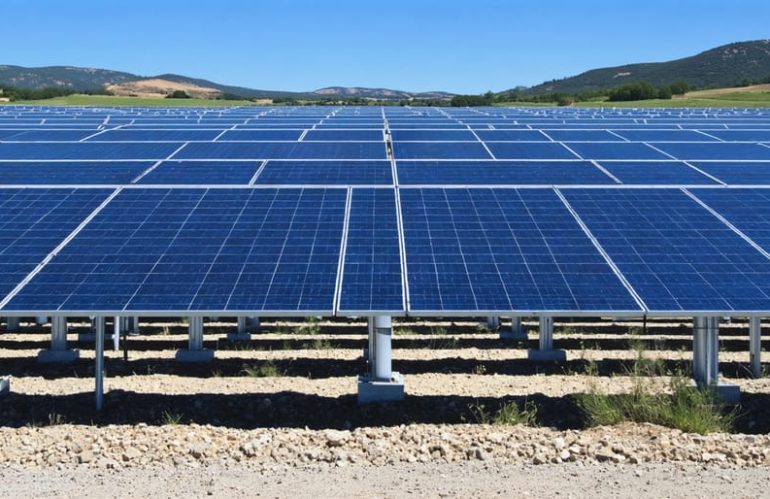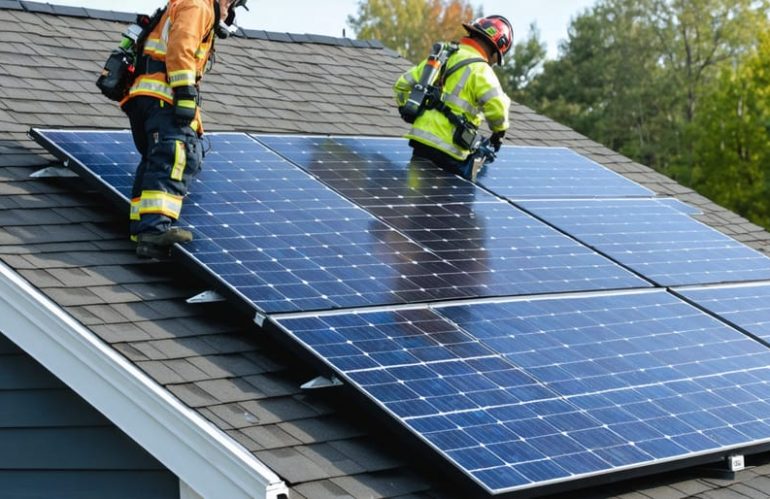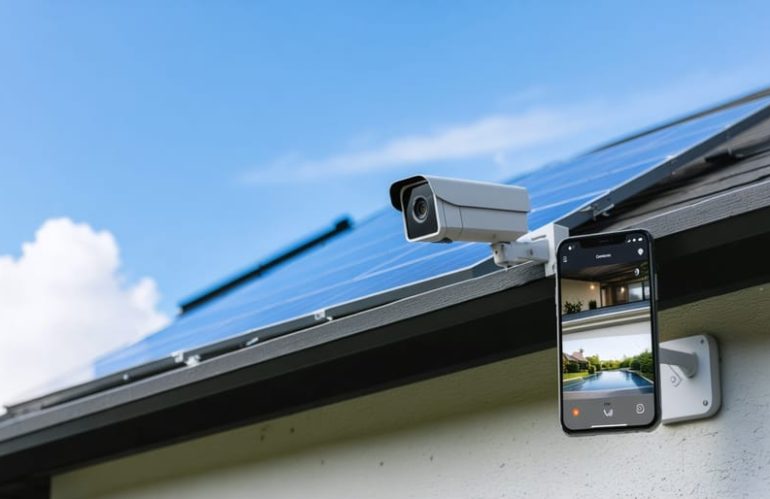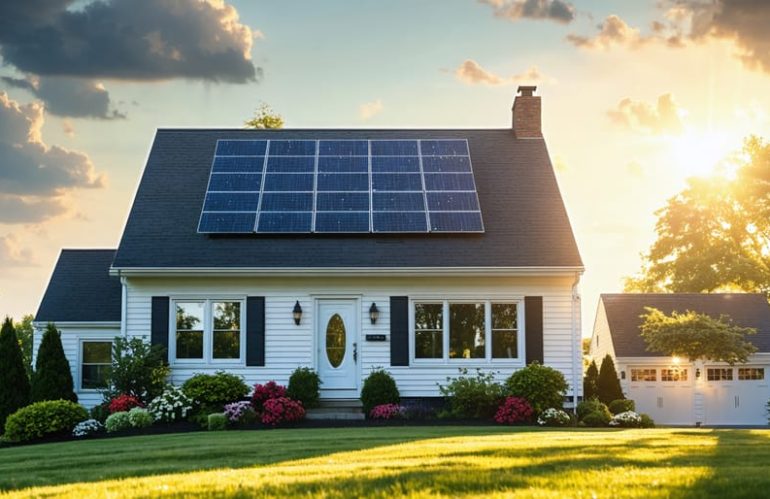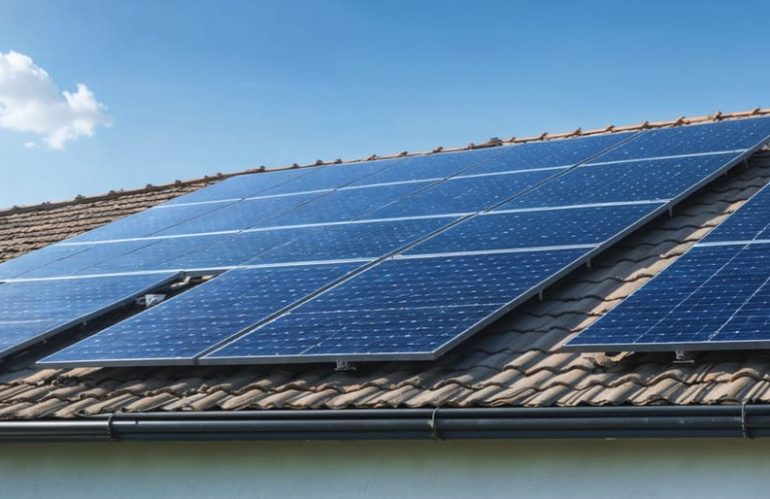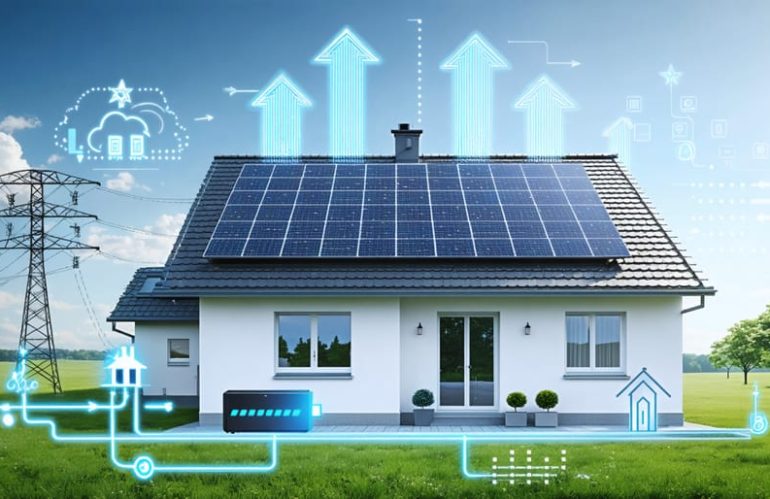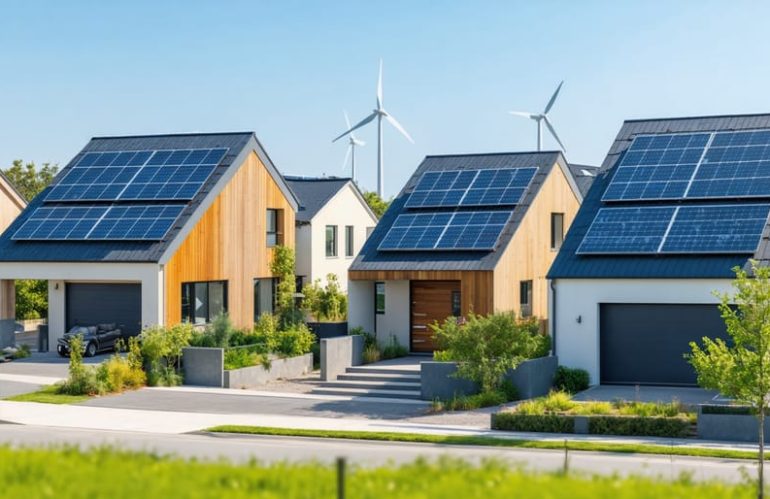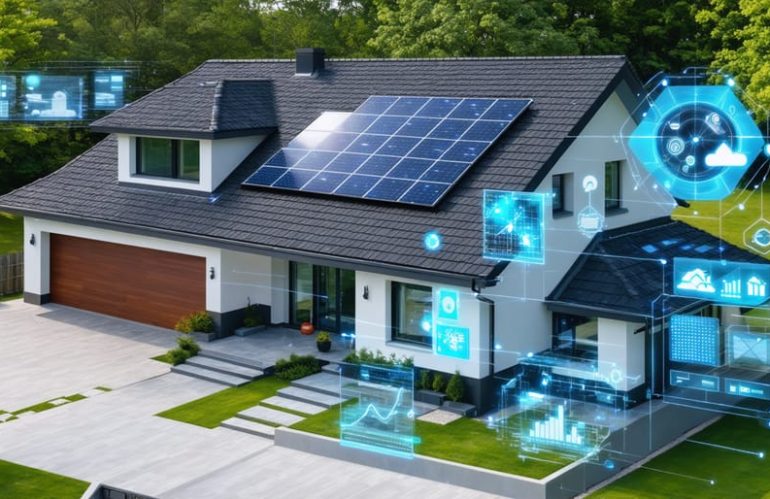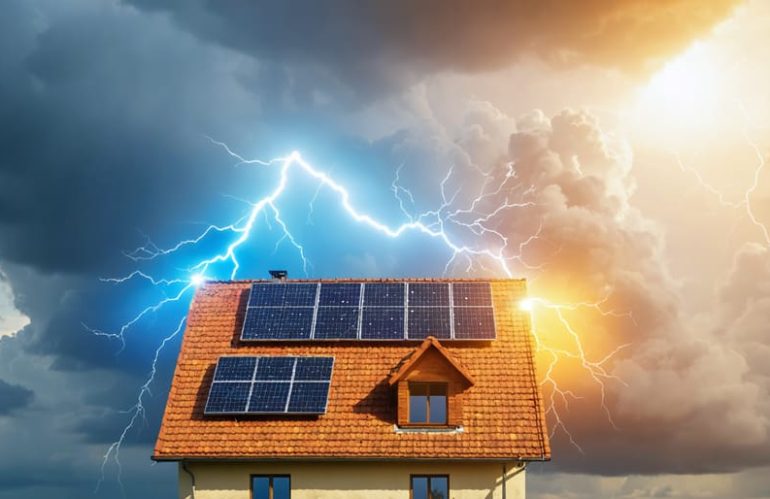A 1-megawatt solar power plant represents a significant yet increasingly accessible investment opportunity in renewable energy, typically requiring $700,000 to $1.3 million in initial capital while generating annual revenues between $140,000 and $180,000. This utility-scale installation can power approximately 200 homes and offers investors an average payback period of 5-7 years, with project lifespans extending beyond 25 years. Against the backdrop of rising electricity costs and generous government incentives, including the 30% federal tax credit, solar power plants have emerged as stable long-term investments delivering both …
Author: richard
Safe Solar: Essential Fire Safety Measures That Protect Your Home and First Responders
Solar power systems present unique challenges for firefighters during emergencies, requiring specialized knowledge and protocols to ensure both responder and homeowner safety. Understanding proper fire safety prevention steps is crucial as residential solar installations become increasingly common. While these systems offer remarkable benefits for sustainable living, their electrical components, roof-mounted panels, and energy storage systems demand specific emergency response procedures…
Solar-Powered Security Cameras That Actually Save You Money
Transform your home security with cutting-edge solar-powered wireless cameras that eliminate power cables, monthly electricity bills, and complex installation hassles. As an extension of modern solar-powered home solutions, these innovative systems combine advanced surveillance capabilities with sustainable energy, offering around-the-clock monitoring without impacting your carbon footprint. Access real-time footage from anywhere through your smartphone, receive instant motion-…
JCP&L Solar Program: Your Path to Affordable Home Solar in New Jersey
Transform your home into a clean energy powerhouse with JCP&L’s innovative solar program, designed specifically for New Jersey homeowners seeking to slash their electricity bills and embrace sustainable living. This comprehensive initiative combines generous financial incentives, streamlined installation processes, and ongoing support to make solar energy accessible and affordable for Jersey Central Power & Light customers.
Through partnerships with certified local installers and flexible financing options, JCP&L’s solar program helps homeowners navigate the transition to solar power while maximizing their…
Solar Freedom: Take Control of Your Home’s Energy Future
Imagine powering your entire home without ever receiving another electricity bill. Solar energy independence represents more than just installing panels on your roof – it’s a transformative shift toward complete energy autonomy that puts you in control of your power generation and consumption. As utility costs continue to rise and grid reliability becomes increasingly uncertain, homeowners across America are discovering that solar independence offers a practical, sustainable solution for long-term energy security.
Modern solar technology has made it possible to break free from traditional power companies while …
Solar Panel Showdown: Which Crystal Type Will Save You More Money?
When it comes to powering your home with solar energy, the choice between monocrystalline and polycrystalline solar panels can significantly impact your long-term satisfaction and savings. These two leading solar technologies each offer distinct advantages, with monocrystalline panels known for their superior efficiency and sleek appearance, while polycrystalline panels provide a more budget-friendly alternative without compromising reliability.
As homeowners increasingly turn to solar power to reduce both their carbon footprint and electricity bills, understanding the key differences between these panel types has never been more …
Smart Grid Integration Makes Your Home Battery Work Harder (Here’s How)
Smart grid integration represents a revolutionary leap forward in how we power our homes and interact with the energy grid. By connecting your home’s solar panels, battery storage, and smart appliances to an intelligent network, you gain unprecedented control over your energy consumption while contributing to a more resilient power system.
Think of smart grid integration as your home’s energy command center – automatically optimizing when to use solar power, store excess energy, or draw from the grid based on real-time electricity prices and usage patterns. This intelligent orchestration not only slashes utility …
Solar Energy’s Environmental Impact: The Bright Side of Home Power
Solar energy stands at the forefront of our transition to sustainable power, fundamentally reshaping our relationship with the environment. As homeowners increasingly turn to solar panels for clean energy solutions, understanding their environmental impact has never been more crucial. From reducing greenhouse gas emissions to minimizing water consumption in power generation, solar technology offers a promising path toward a greener future. Yet, like any energy source, solar power’s environmental footprint extends beyond its clean electricity production – from manufacturing processes to end-of-life disposal considerations.
…
Transform Your Home’s Energy Future: Smart Solar Panel Customization Options
Transform your home into a clean energy powerhouse with residential solar panels – a proven investment that slashes electricity bills while boosting property value. Modern solar technology has evolved far beyond basic panels, offering homeowners unprecedented control over their energy future. Today’s sophisticated systems seamlessly integrate with smart home technologies, allowing you to maximize energy efficiency through real-time monitoring and automated adjustments.
As …
Protect Your Solar Investment: Smart Insurance Options for Homeowners
Protecting your solar investment goes beyond basic homeowner’s insurance. As solar panels become a significant home upgrade – often worth $15,000 to $30,000 – specialized insurance coverage ensures your clean energy system remains safeguarded against unexpected damage, theft, and natural disasters. Whether you’re considering solar installation or already harvesting sunshine, understanding your insurance options helps maximize your renewable energy investment while minimizing financial risks. From coverage extensions on existing policies to dedicated solar insurance plans, today’s market offers various …

